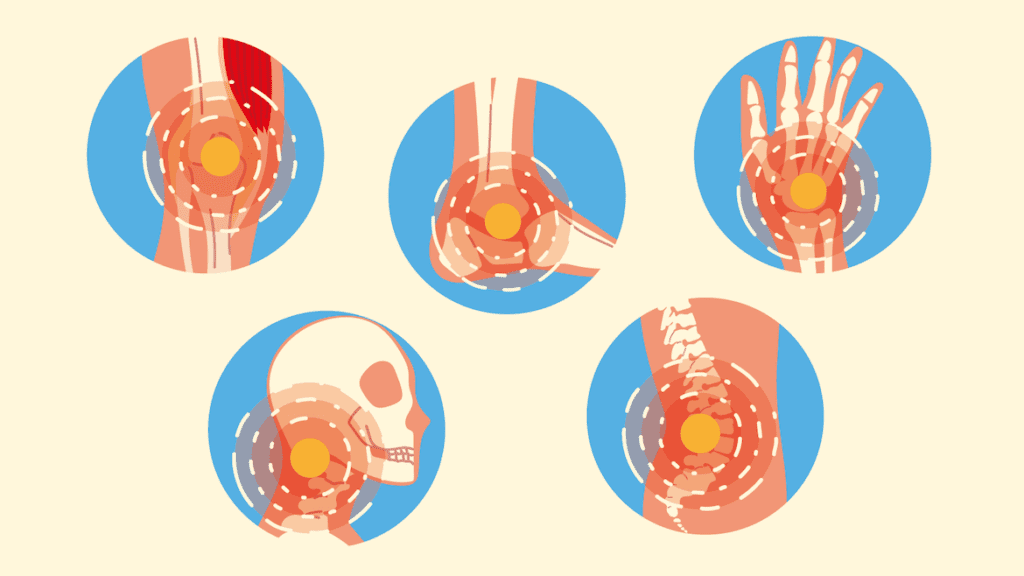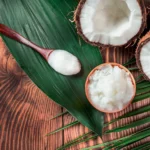Maintaining bone and joint health should be a habit throughout your life, starting in childhood and adolescence. Studies show that sustaining solid bone and joints as you age can significantly decrease the chance of osteoporosis, fractures, and other severe complications such as vertebral compression fractures in the spine. Whatever the age, adopting healthy bone and joint habits can positively affect your bone health for the rest of your life.
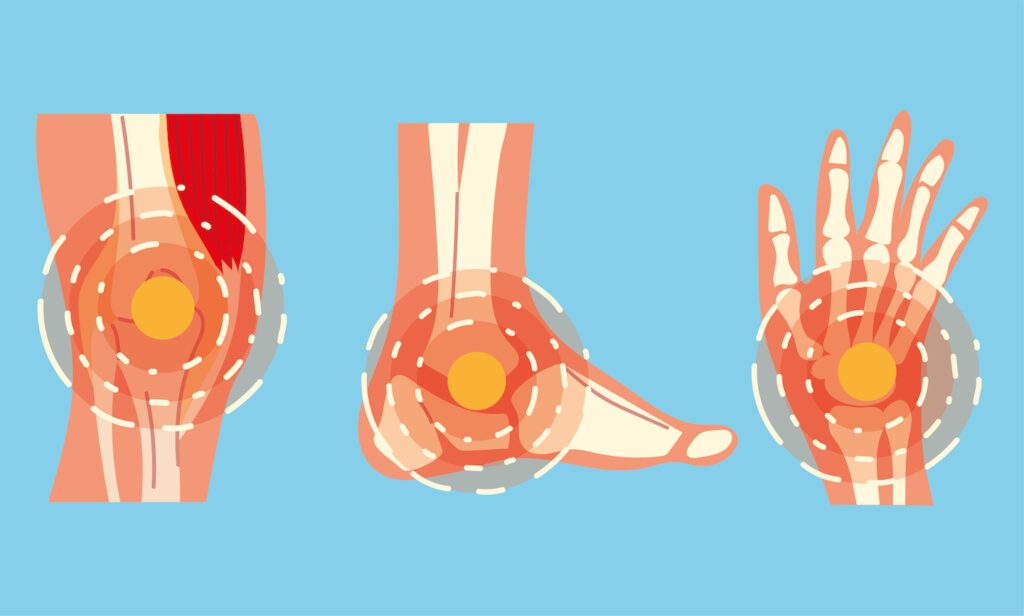
What can you do to protect your bone and joint health?
Exercise
Many different types of exercise are effective for building strong bones. Making a routine that combines balance, flexibility, and strength can lower bone injury risk and strengthen balance and posture.
Balance is maintaining your body’s stability while moving or standing still. You can enhance your balance with workouts such as tai chi and yoga.

Flexibility is the range of motion of a muscle or group of muscles. You can significantly improve your flexibility through tai chi, swimming, yoga, and gentle stretching exercises.
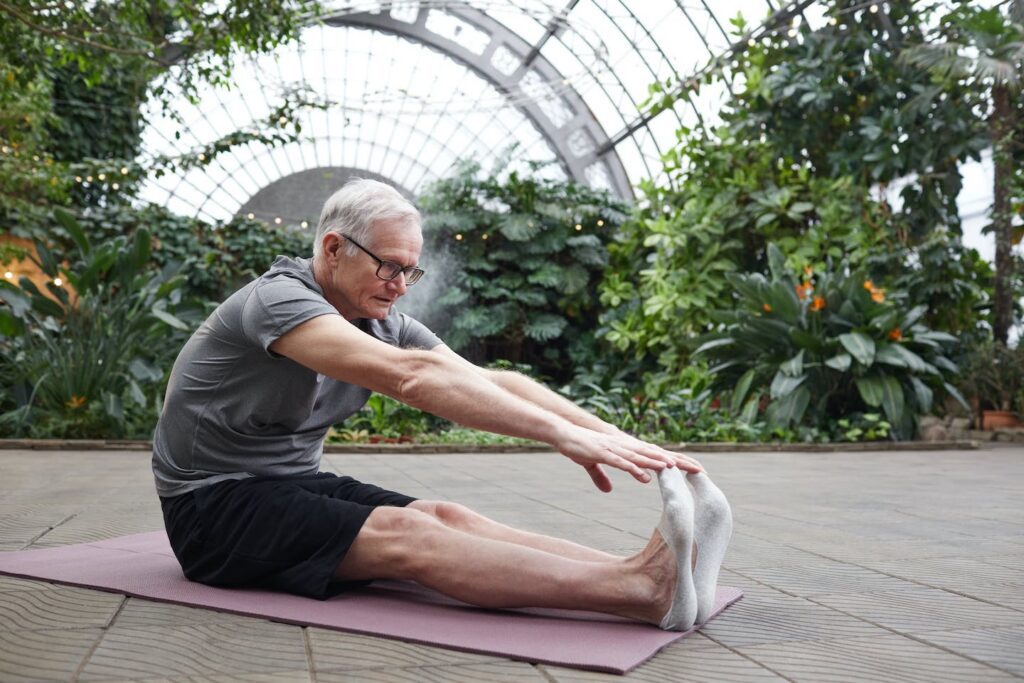
Strength directs to your body’s capability to develop and maintain strong muscles. Lifting weights, doing pushups, and wearing resistance bands will increase your strength.
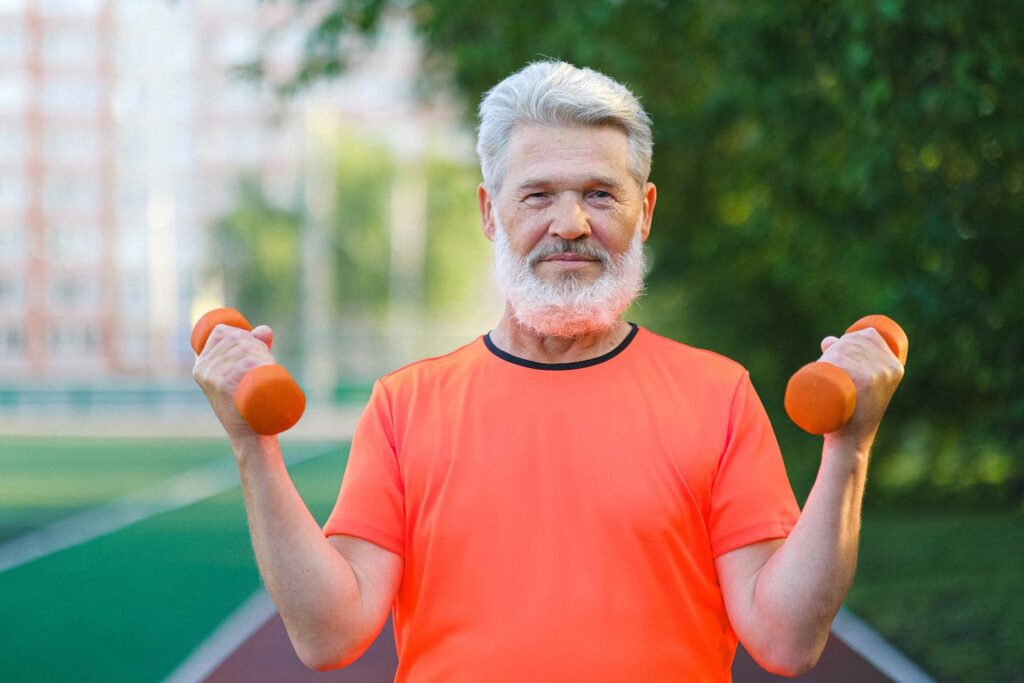
Additional Weight-bearing exercises for bone strength:
- Brisk walking, hiking, jogging, running
- Dancing
- Jumping rope
- Tennis, badminton, ping pong, and pickleball
- Team sports
- Stair climbing
Nutrition is Key
⦿ Calcium
Calcium, the main ingredient of bones, is needed to sustain healthy, strong bones throughout your life. Our bodies do not inherently produce calcium; and unfortunately, most people do not get sufficient calcium from their diets.
Rich calcium bases include dairy foods (milk, cheese, yogurt), nuts, beans, soy, seeds, vegetables (leafy greens, rhubarb, artichoke, squash), fruits, and seafood. If unable to consume or satisfy the recommended doses, Calcium supplements and fortified foods can ensure you get enough calcium daily, especially in people with proven milk or nut allergies.
⦿ Collagen
Collagen is the most abundant protein in the body, estimated at 90% of organic bone mass, and can be thought of as the glue that holds our body together. Our bones are composed of a protein collagen matrix which breaks down at approximately 1% yearly, decreasing our overall bone mass and increasing the chance of bone trauma or osteoporosis as we age.
Hydrolyzed Collagen Supplements, including a combination of Fortibone and Verisol peptides taken daily, can be used as a substrate for restoring bone mineral density, resorption, and bone formation, which can reverse age-related bone depletion.
⦿ Vitamin D
Vitamin D plays a vital role in helping your body absorb calcium and to regulate levels of calcium and phosphorus in the blood, which are needed to build bone. As we age, our bodies become less able to absorb calcium, making getting enough vitamin D even more critical.
To meet the recommended 600 to 800 IU daily Vitamin D, you can consume salmon, Vitamin D-fortified milk, orange juice, or a vitamin D3 supplement.
⦿ Protein
Protein is the building block of life. Giving the structure of our cells; powering chemical reactions throughout the body; and building and repairing skin, muscles, and bones. For bone health, protein is needed for fracture healing. In addition, studies have shown that older adults with severe fractures who do not have adequate protein in their diets are more likely to experience loss of independence and mobility after a fractured bone or joint injury.
To ensure the body has enough protein, consuming dairy products, fish, poultry, legumes, whole grains, nuts, seeds, and some vegetables such as corn, broccoli, and asparagus is helpful.
Avoid Smoking and Drinking
Do not smoke or drink. Tobacco and alcohol products have numerous adverse effects on the body and bone and joint health. Smoking and drinking impair the body’s ability to absorb essential nutrients such as calcium, slow blood supply to the bones, and increase the risk of osteoporosis.


